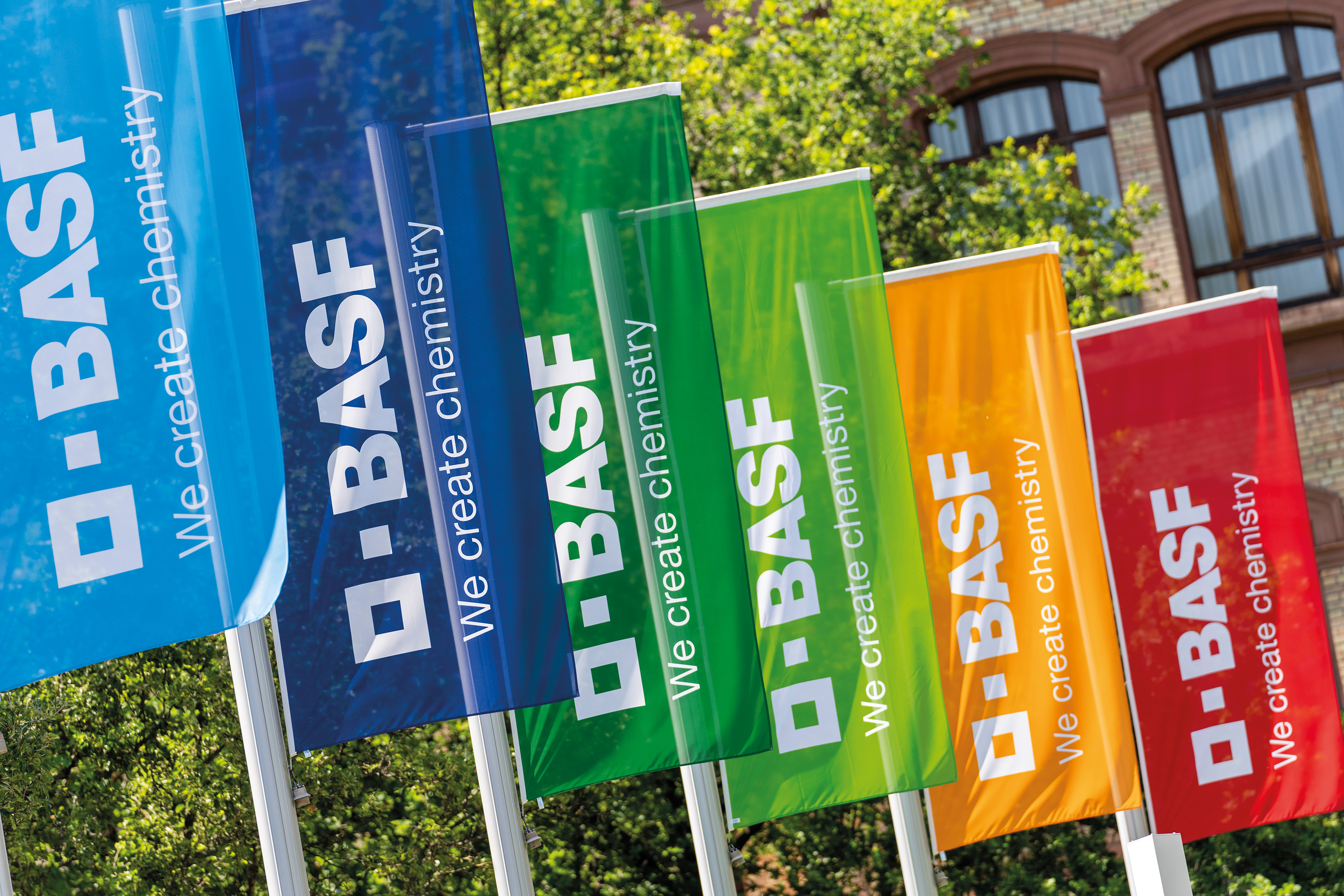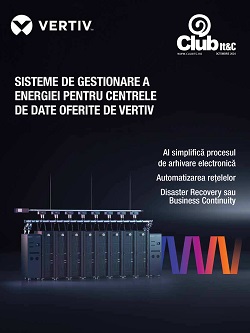More and more BASF customers want detailed proof of the carbon footprint of the BASF products they use – from sneaker soles to insulation panels to detergents.
 At the end of September, the German technical inspection agency TÜV Rheinland certified that BASF’s method for calculating and reporting the product carbon footprint (PCF) fully complies with the requirements specified by Together for Sustainability (TfS). BASF is the first company to align its fully automated PCF calculation system with the TfS rules.
At the end of September, the German technical inspection agency TÜV Rheinland certified that BASF’s method for calculating and reporting the product carbon footprint (PCF) fully complies with the requirements specified by Together for Sustainability (TfS). BASF is the first company to align its fully automated PCF calculation system with the TfS rules.
In their joint Together for Sustainability initiative, 47 companies from the chemical industry, including BASF, agreed on a uniform global standard for calculating their PCFs at the end of 2022. A Product carbon footprint provides important information for steering emissions in the value chain. By calculating the PCF, BASF gives its customers much greater transparency regarding the specific emissions of each BASF product used.
 “BASF is the first company for which TÜV Rheinland was able to certify the TfS conformity of an entire PCF calculation system on this scale,” commented Susanne Jorre, Sustainability Manager at TÜV Rheinland. Starting from the beginning of October, BASF customers will receive all PCFs and a TfS-compliant report, which includes the new TÜV declaration.
“BASF is the first company for which TÜV Rheinland was able to certify the TfS conformity of an entire PCF calculation system on this scale,” commented Susanne Jorre, Sustainability Manager at TÜV Rheinland. Starting from the beginning of October, BASF customers will receive all PCFs and a TfS-compliant report, which includes the new TÜV declaration.
“We are proud to be a pioneer in automated PCF calculation, and to support our customers in achieving their CO2 targets,” stated Dr. Christoph Jäkel, Vice President Corporate Sustainability at BASF. “We have now reached a further milestone, being able to calculate the PCFs of all 45,000 sales products using a TfS-compliant method.”
Together for Sustainability (TfS) is a global initiative founded by chemical companies with the goal of assessing, auditing and improving the sustainability practices within their global supply chains. The program is based on the principles of Responsible Care® and the UN Global Compact, and has grown into a global organization with regional representation in Asia and in North and South America.






























